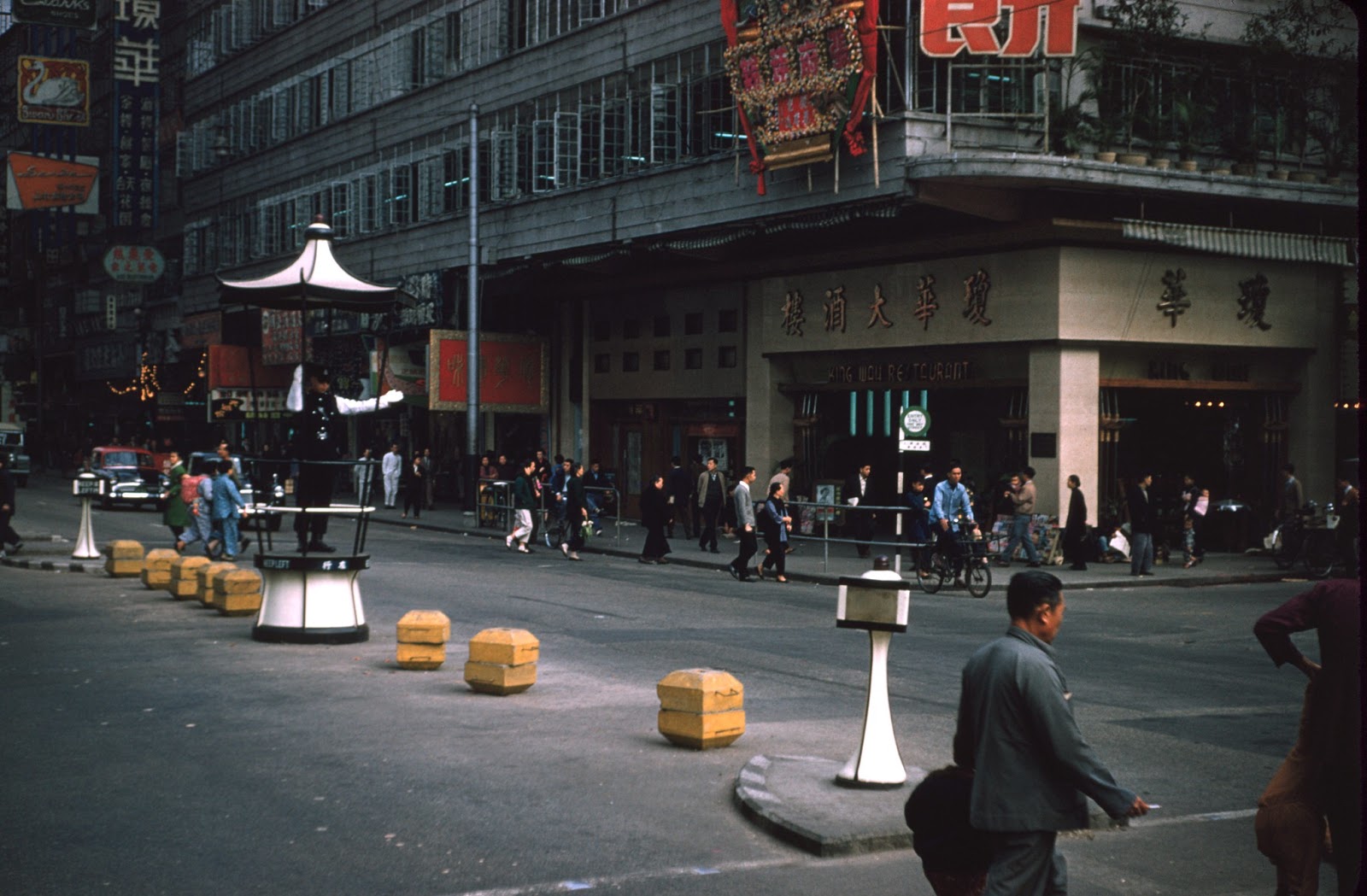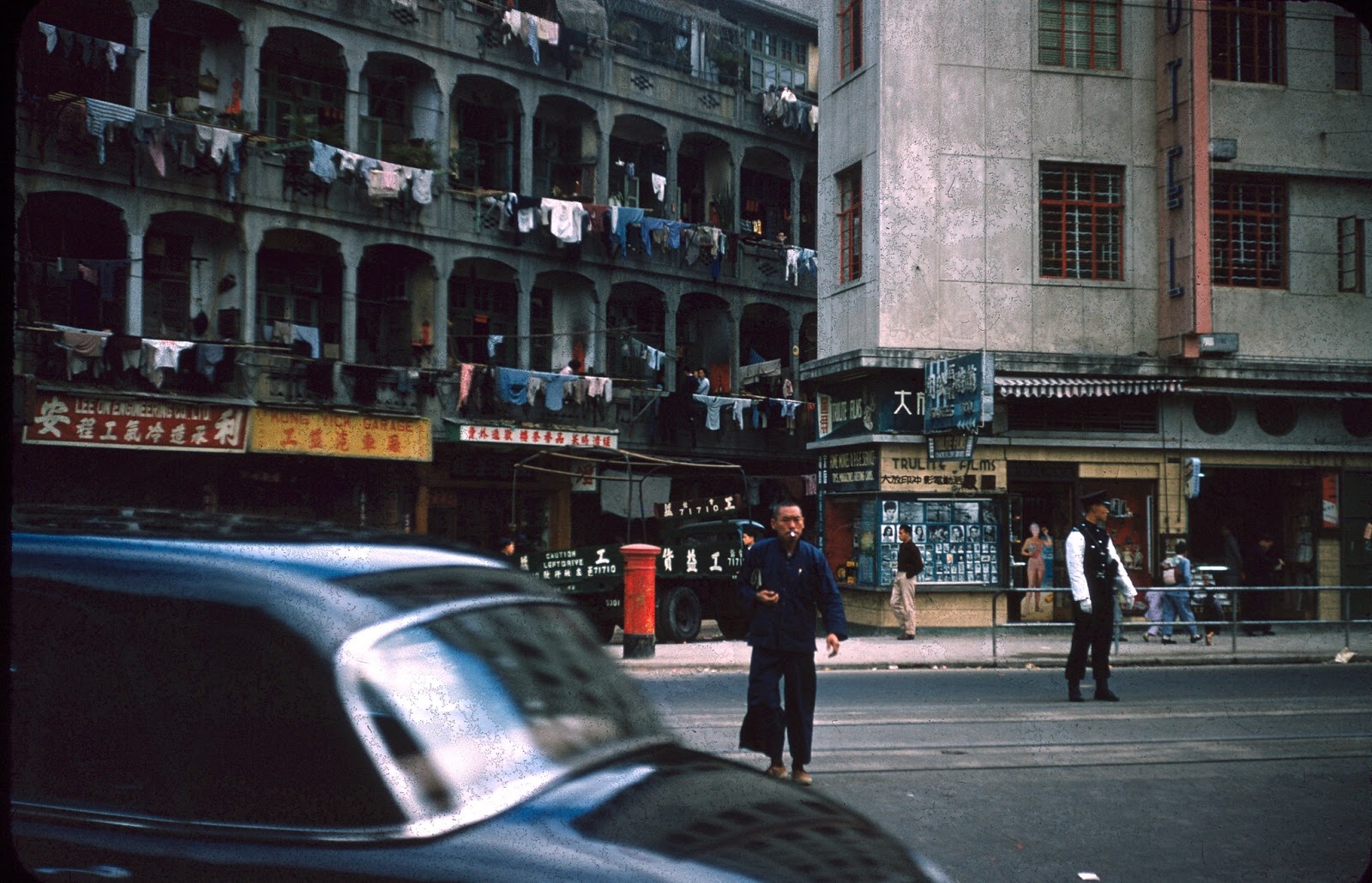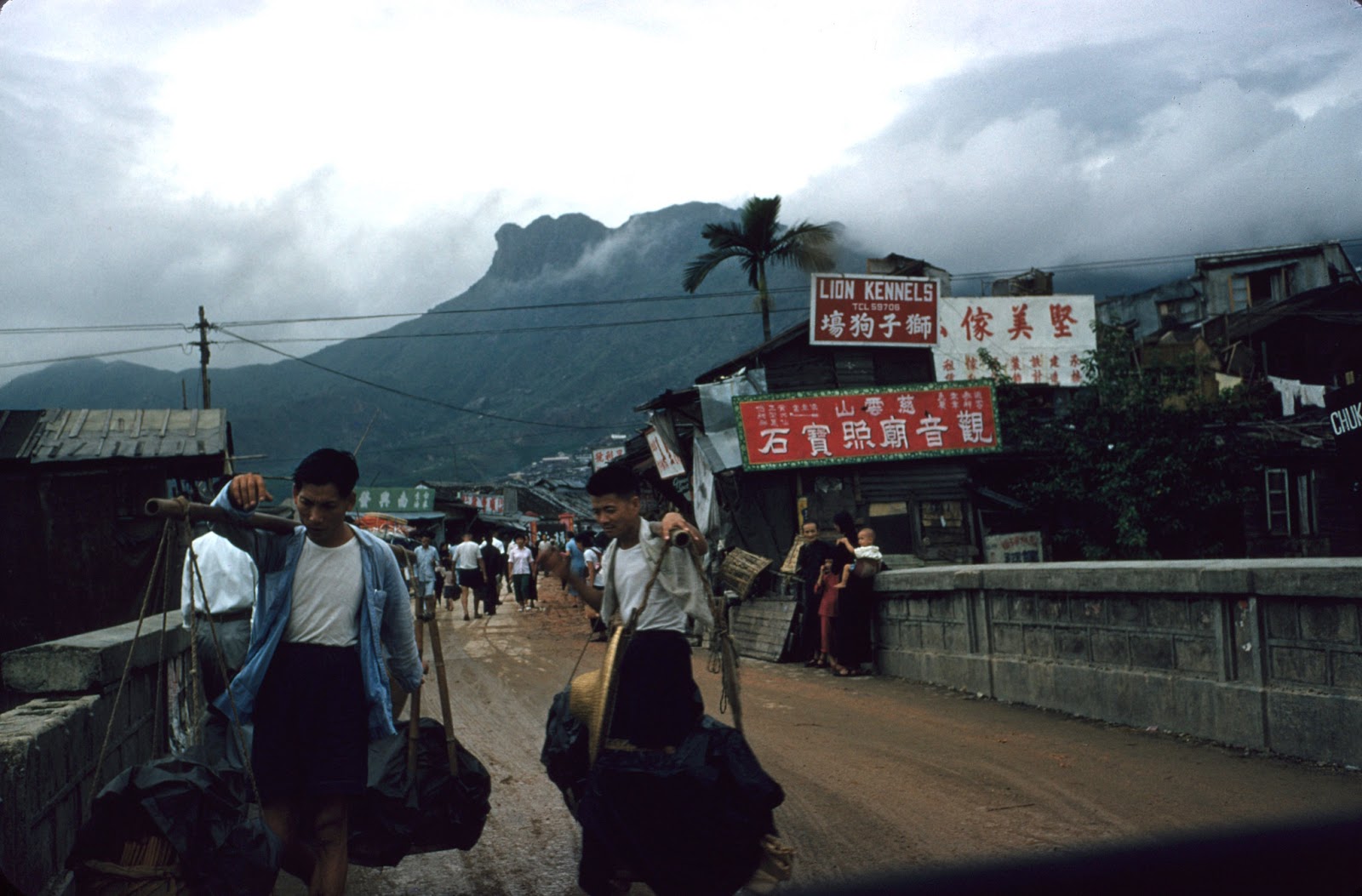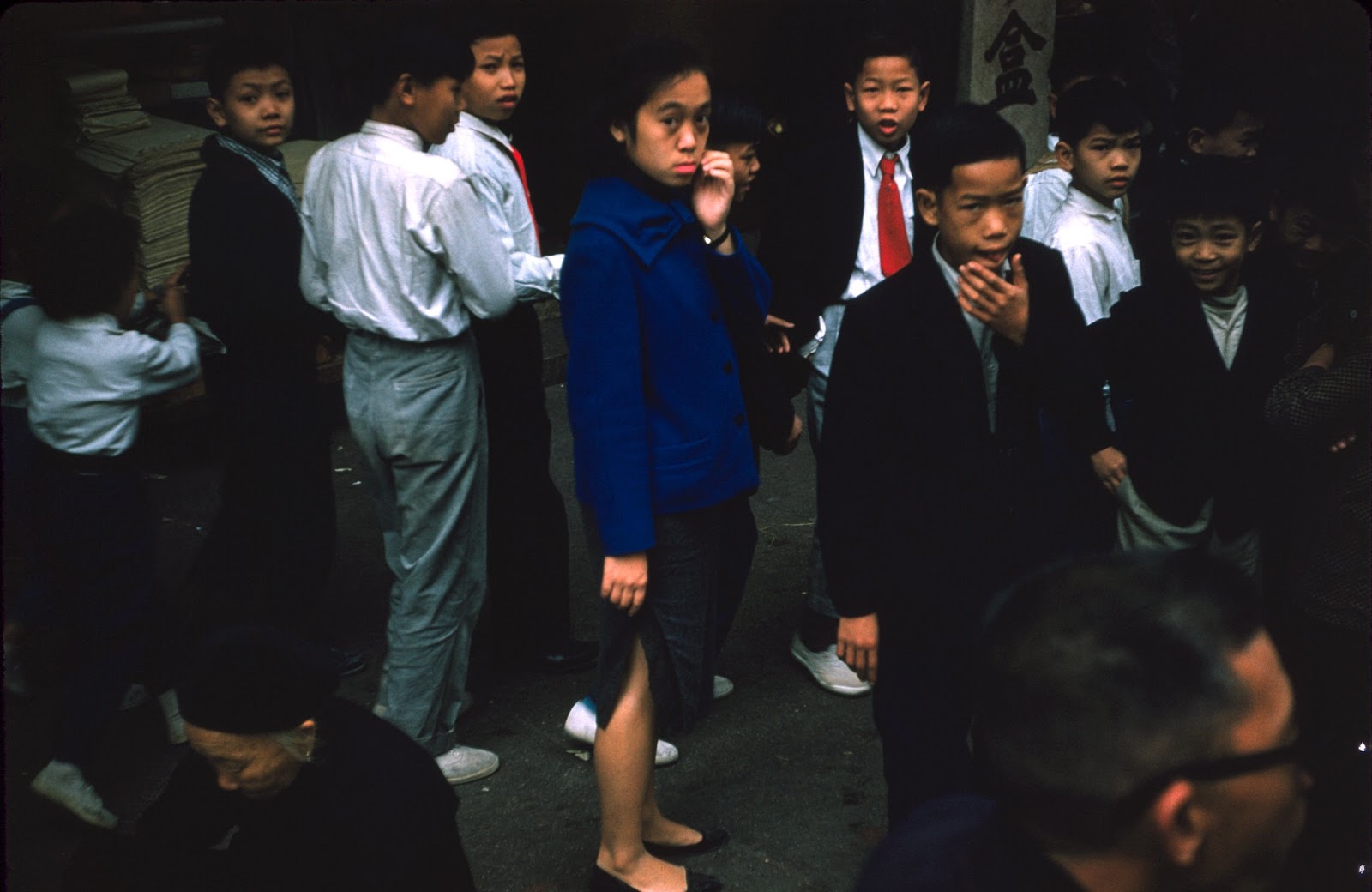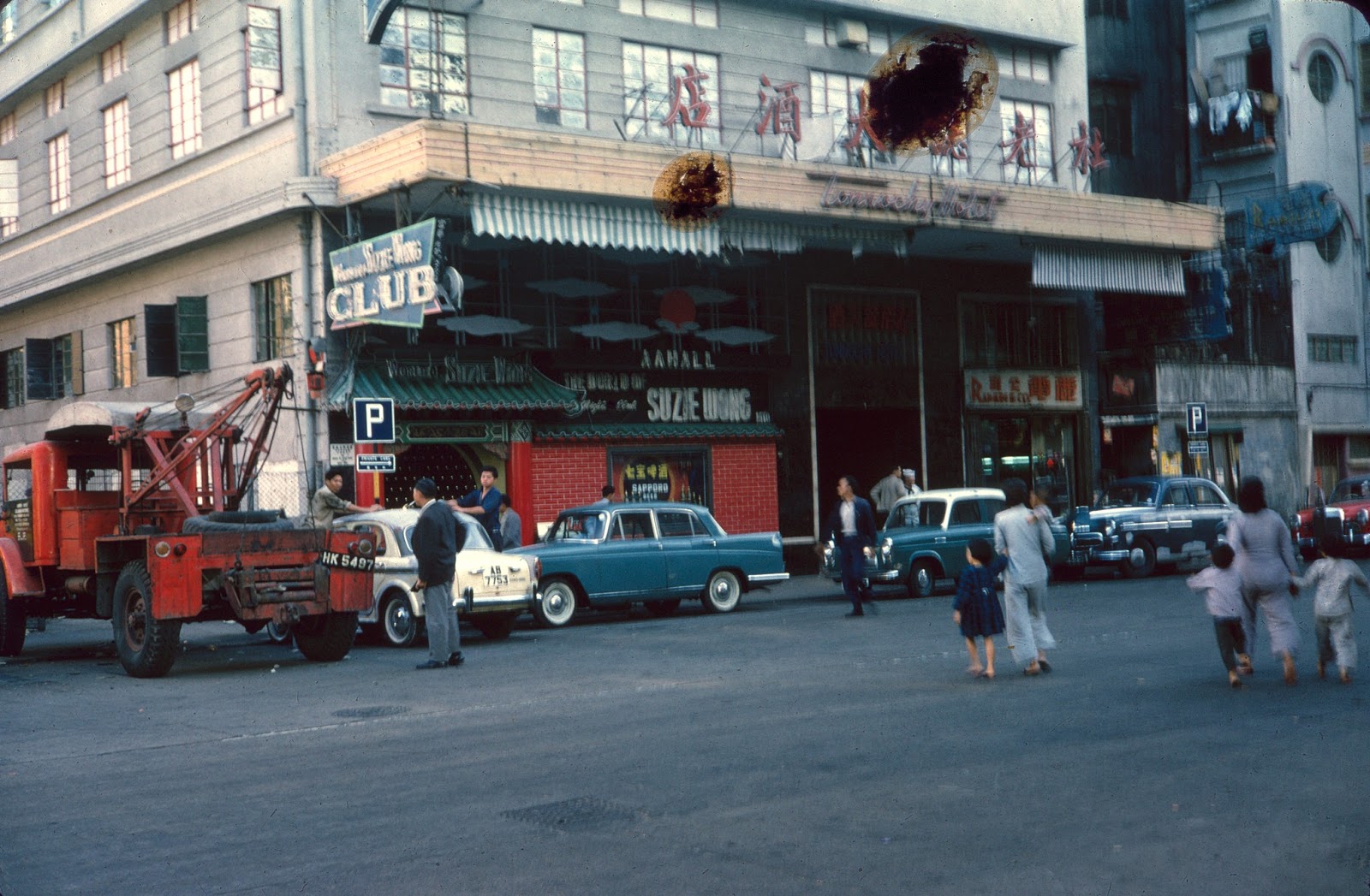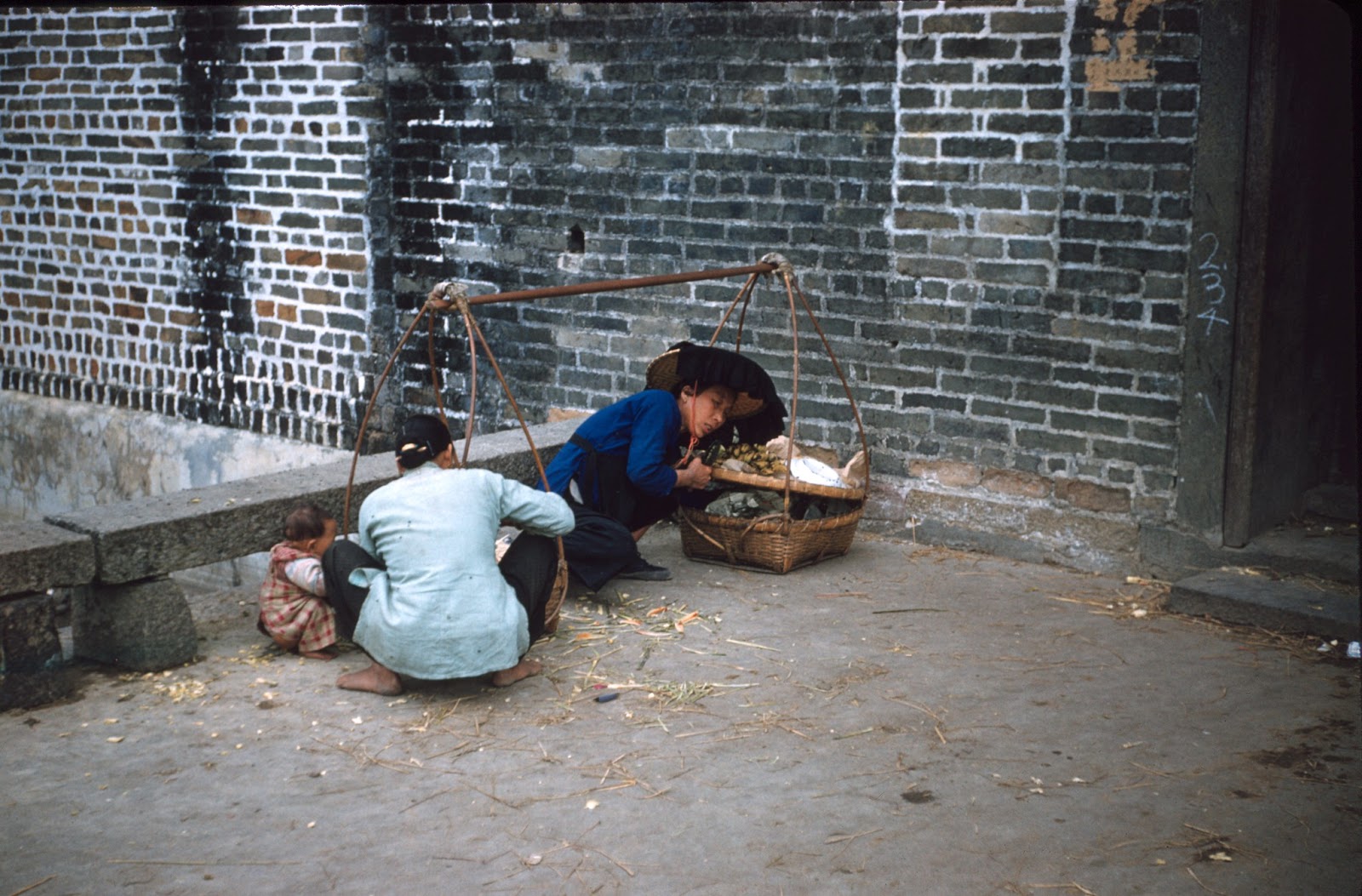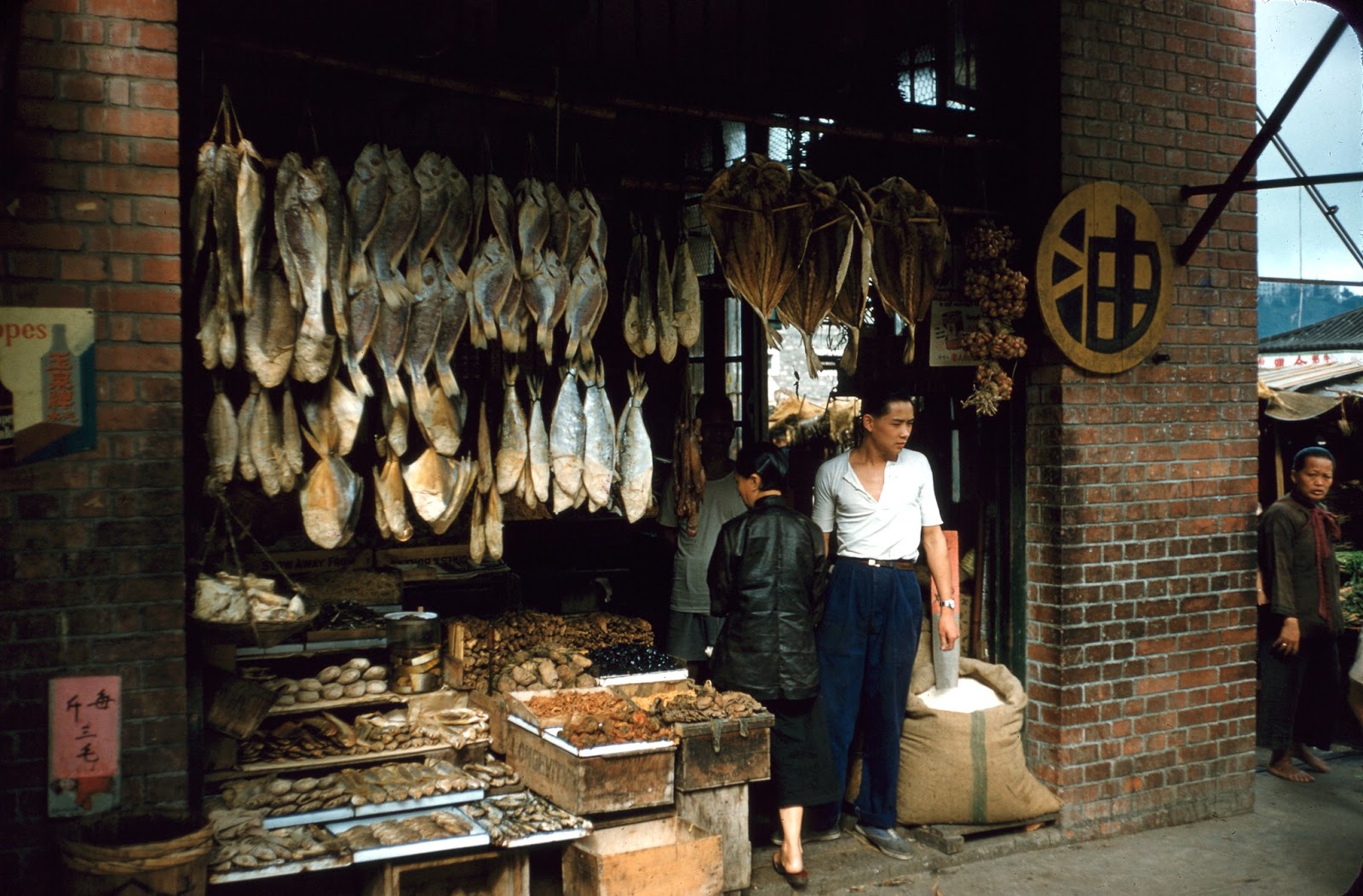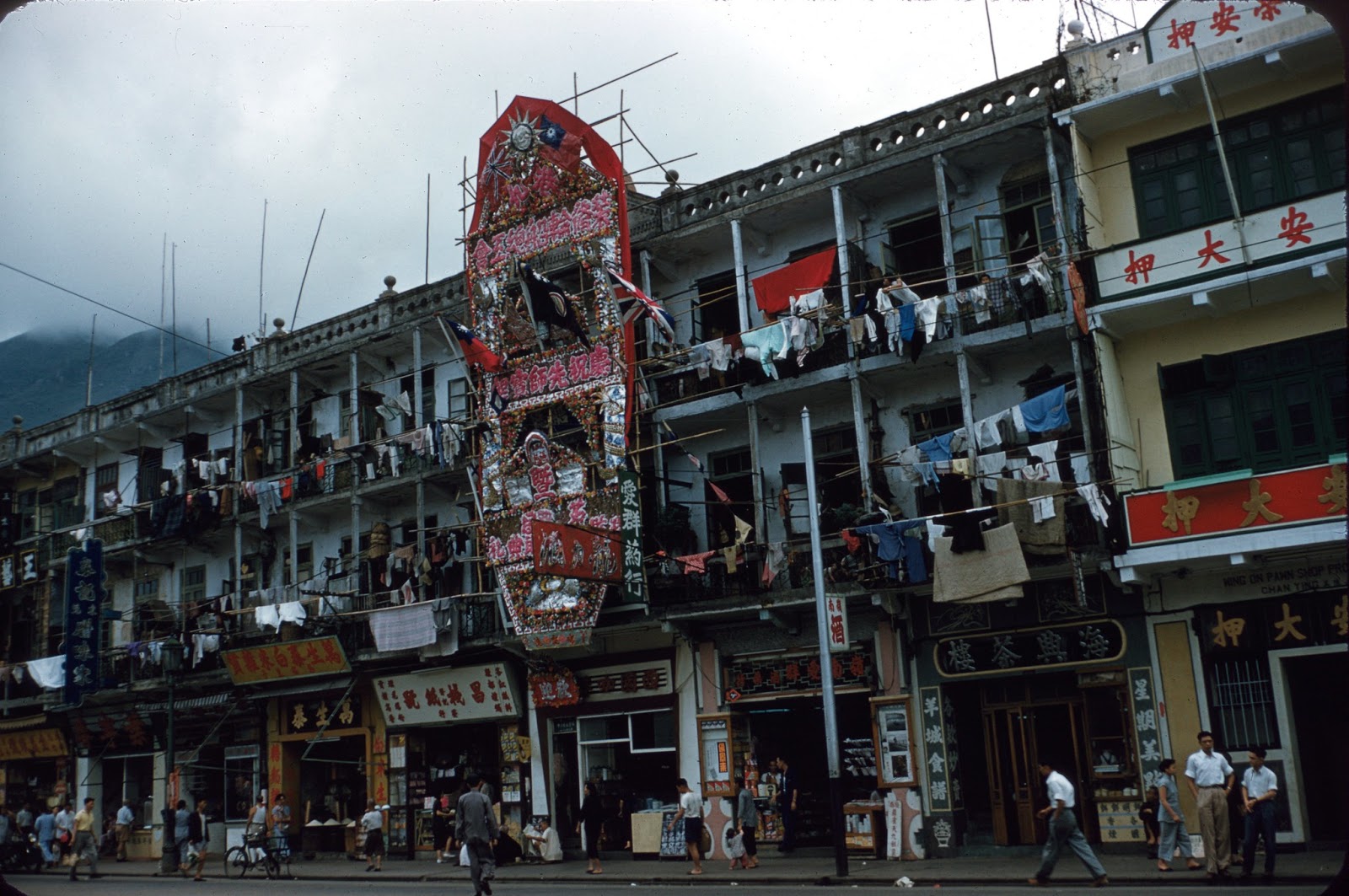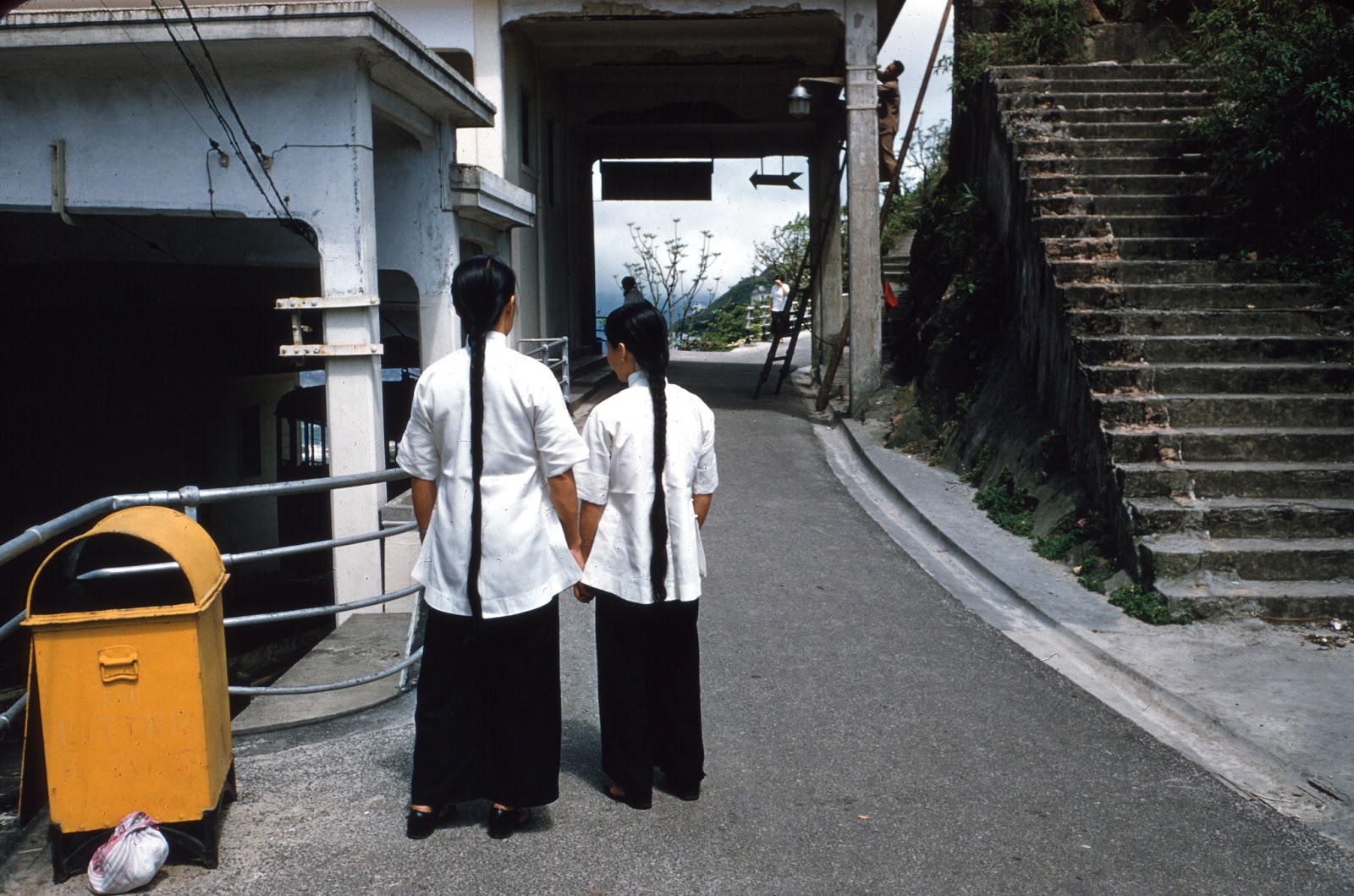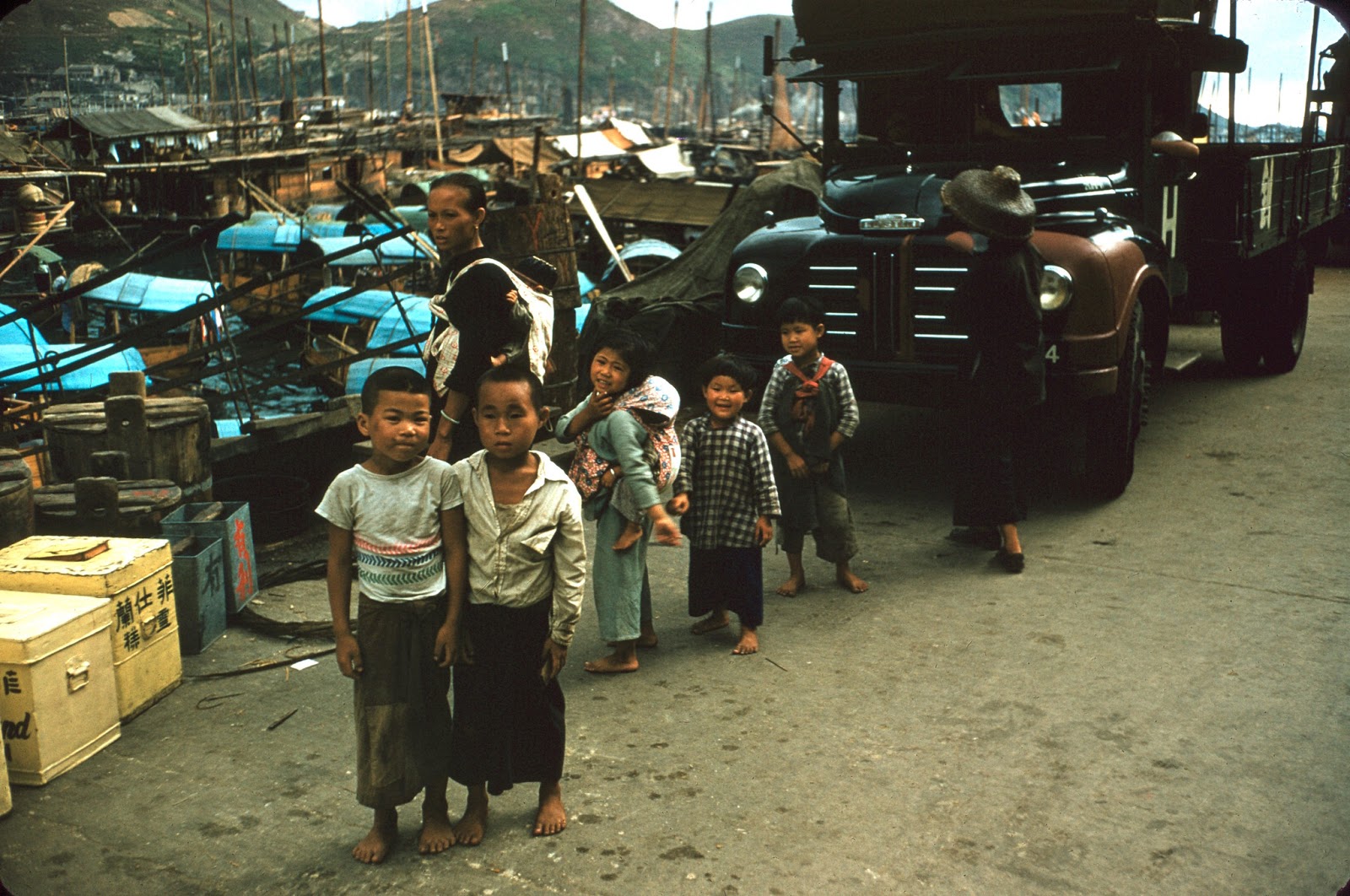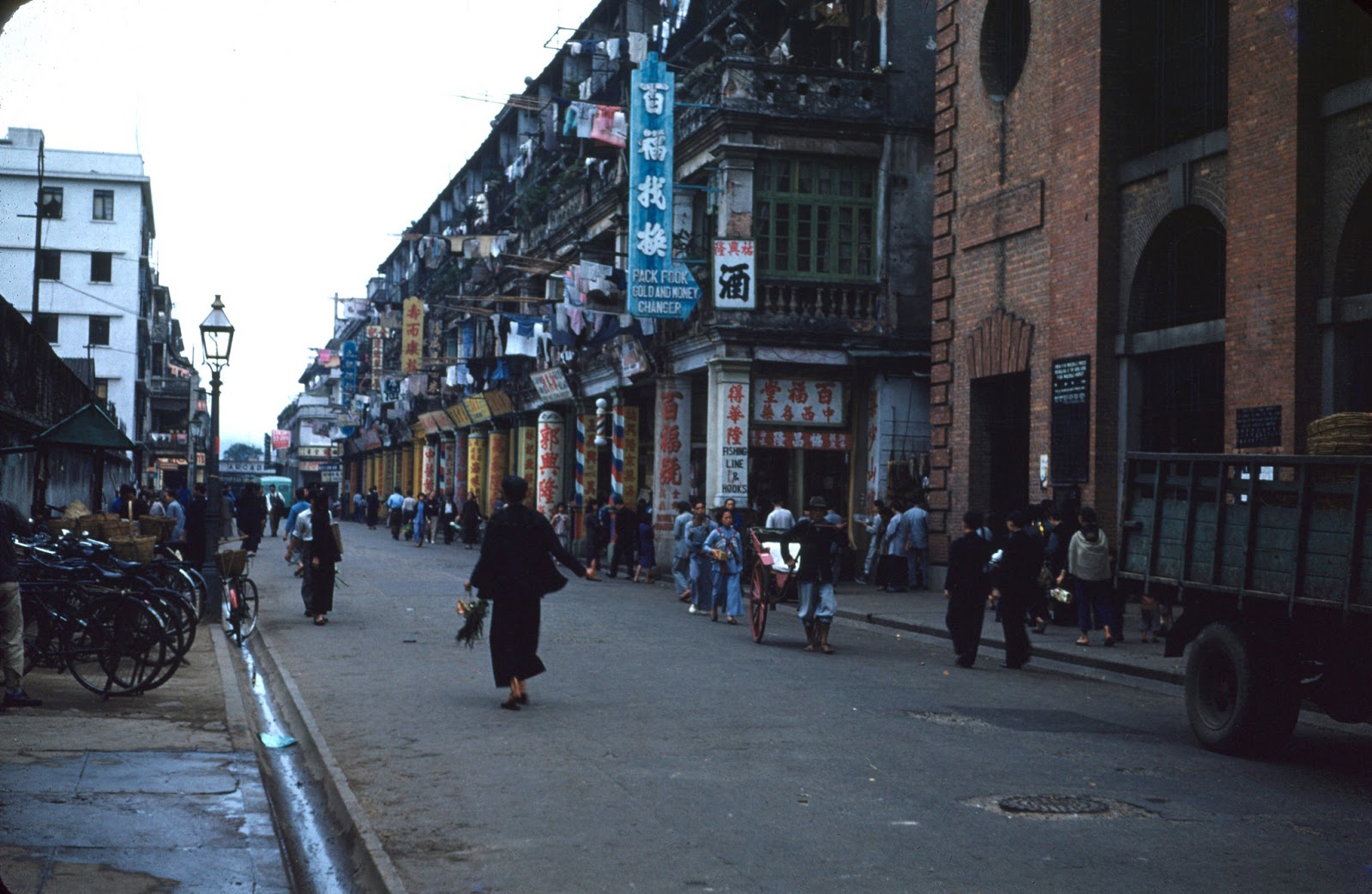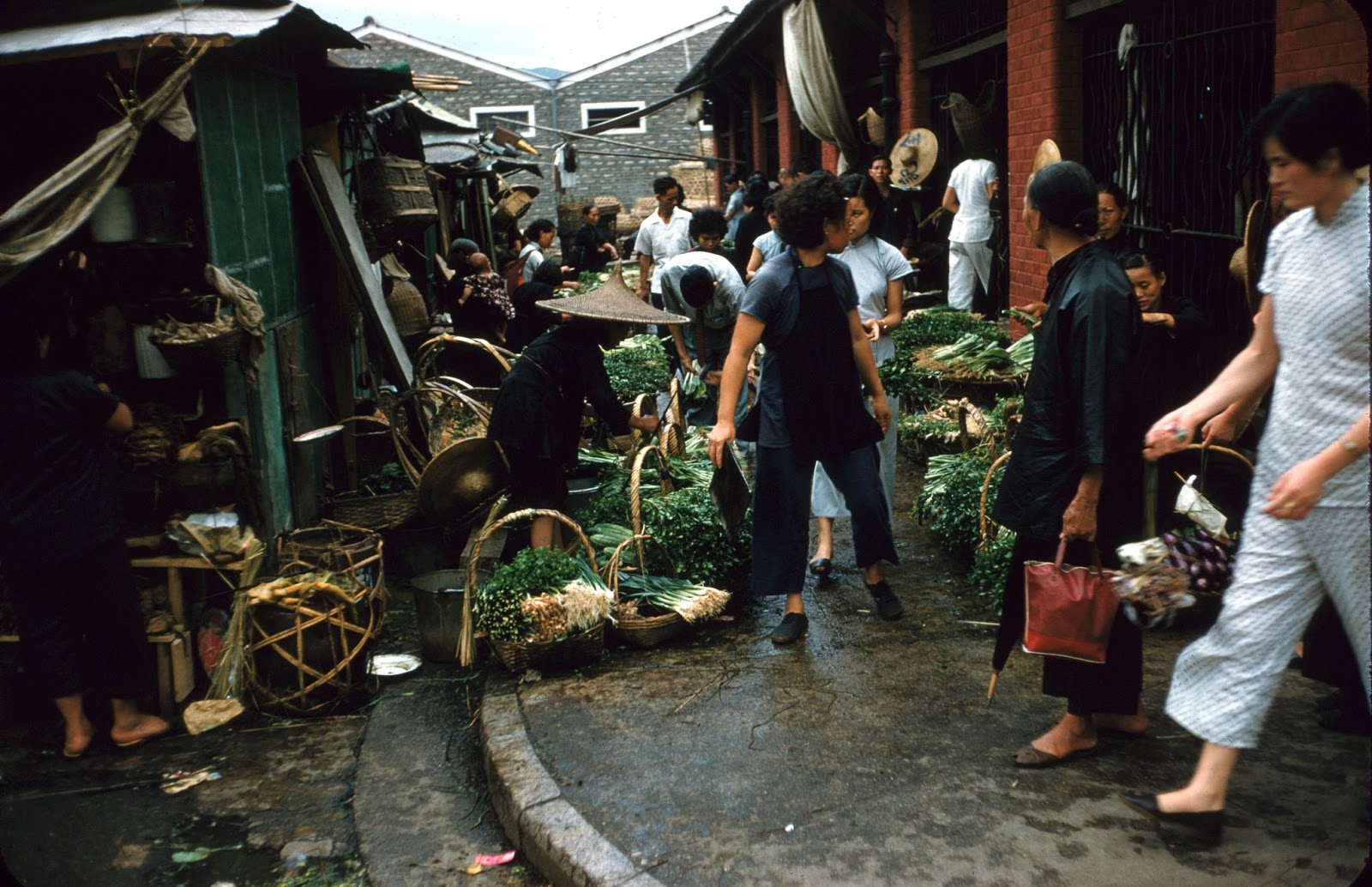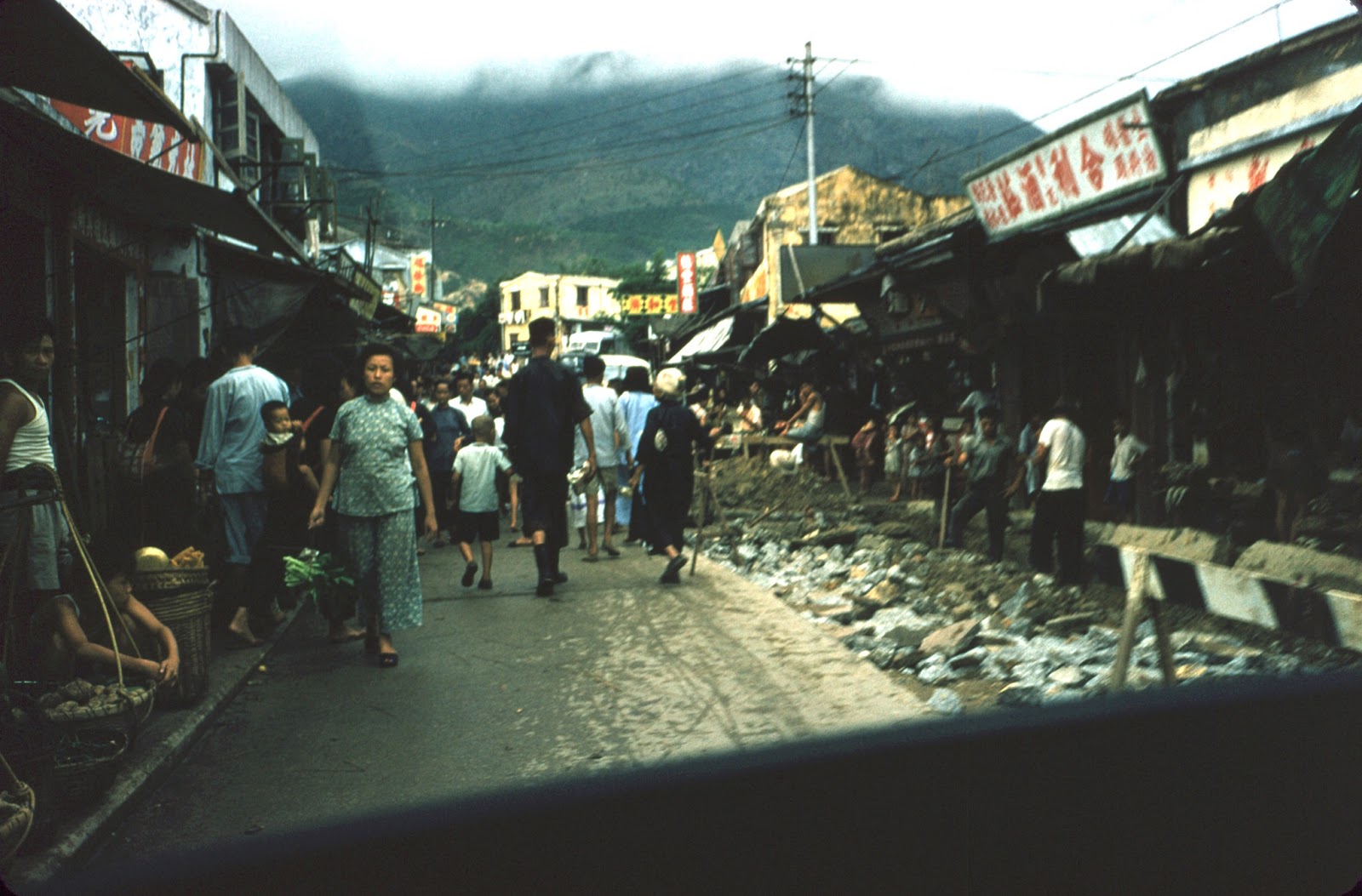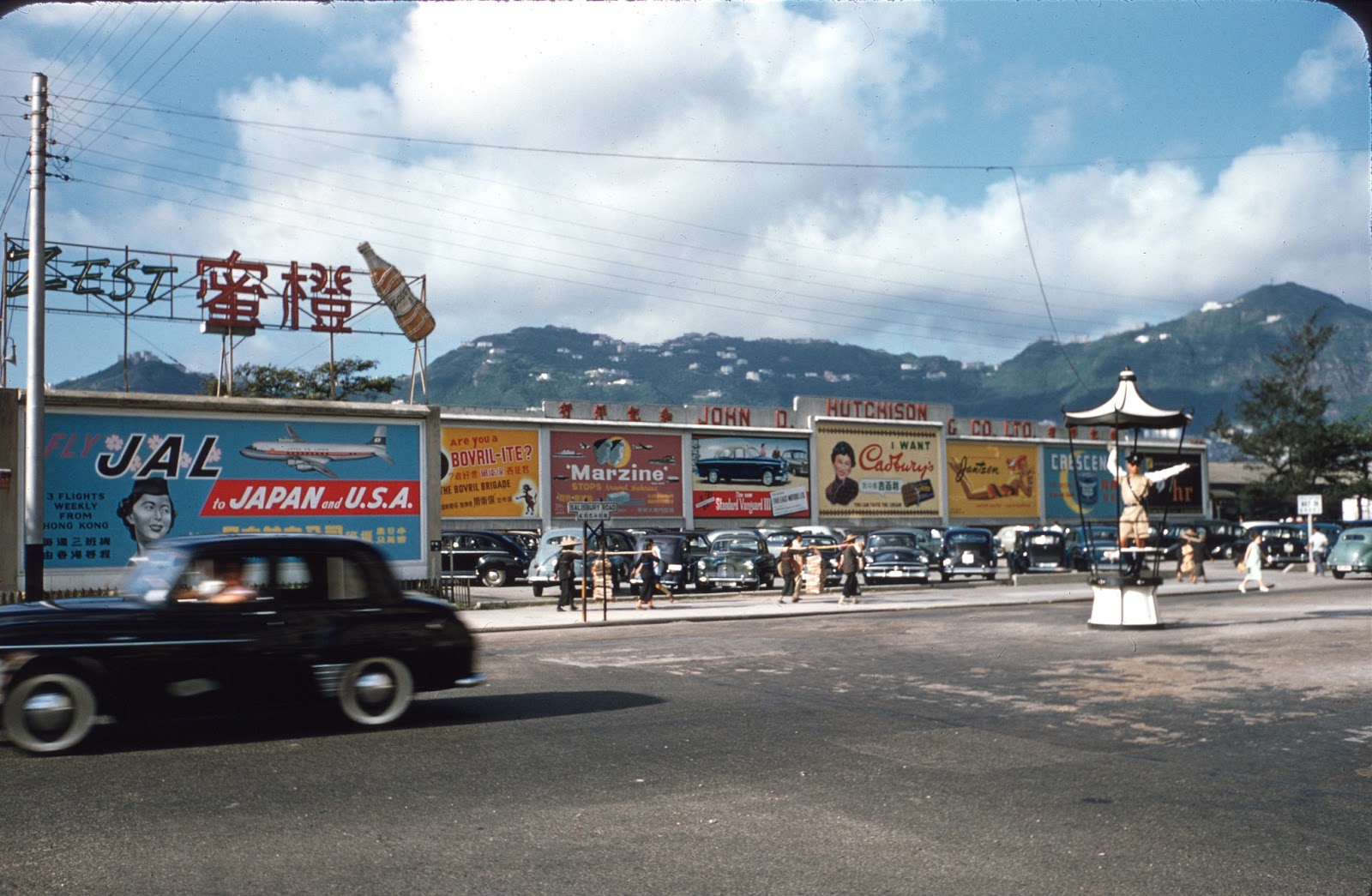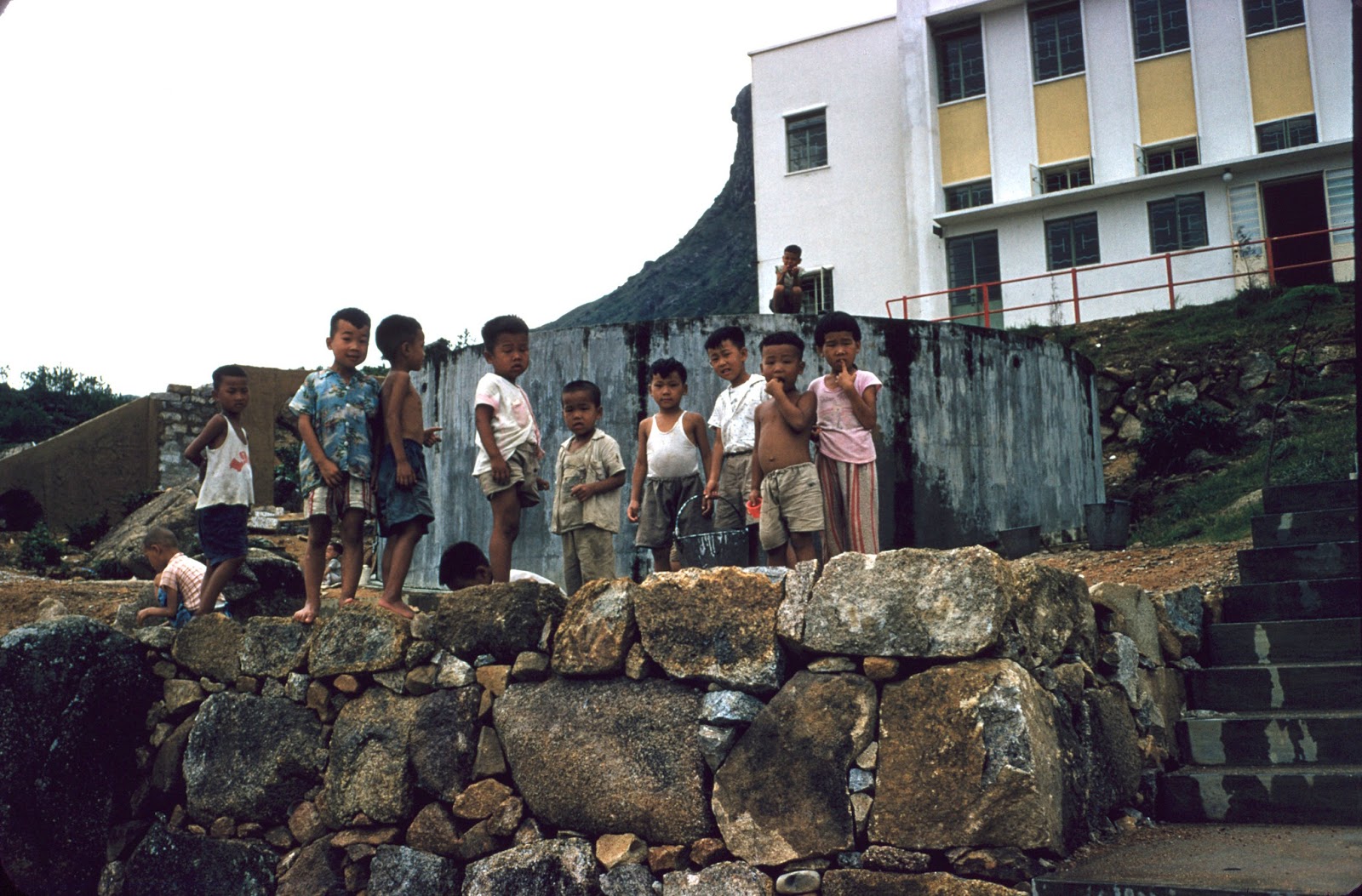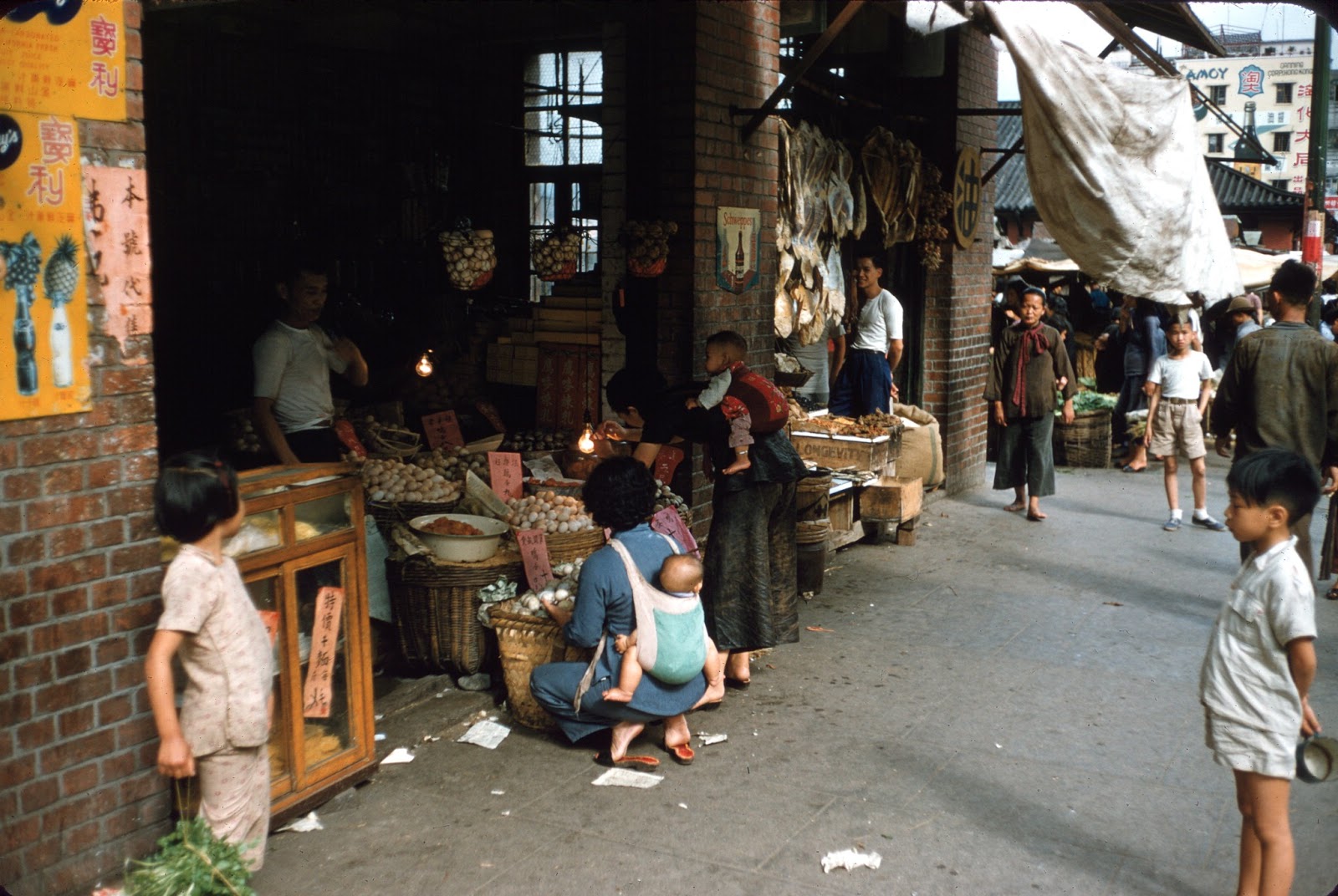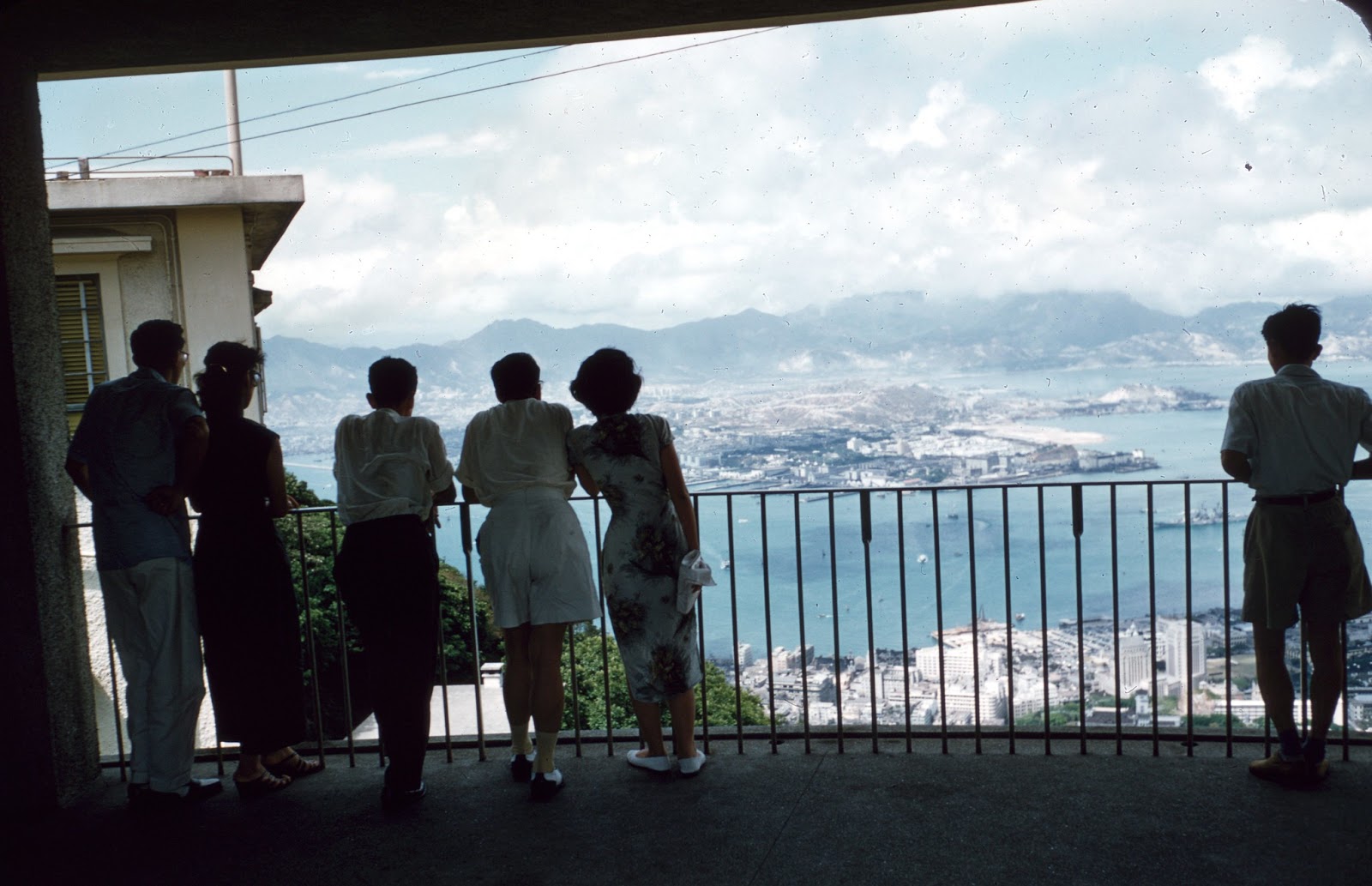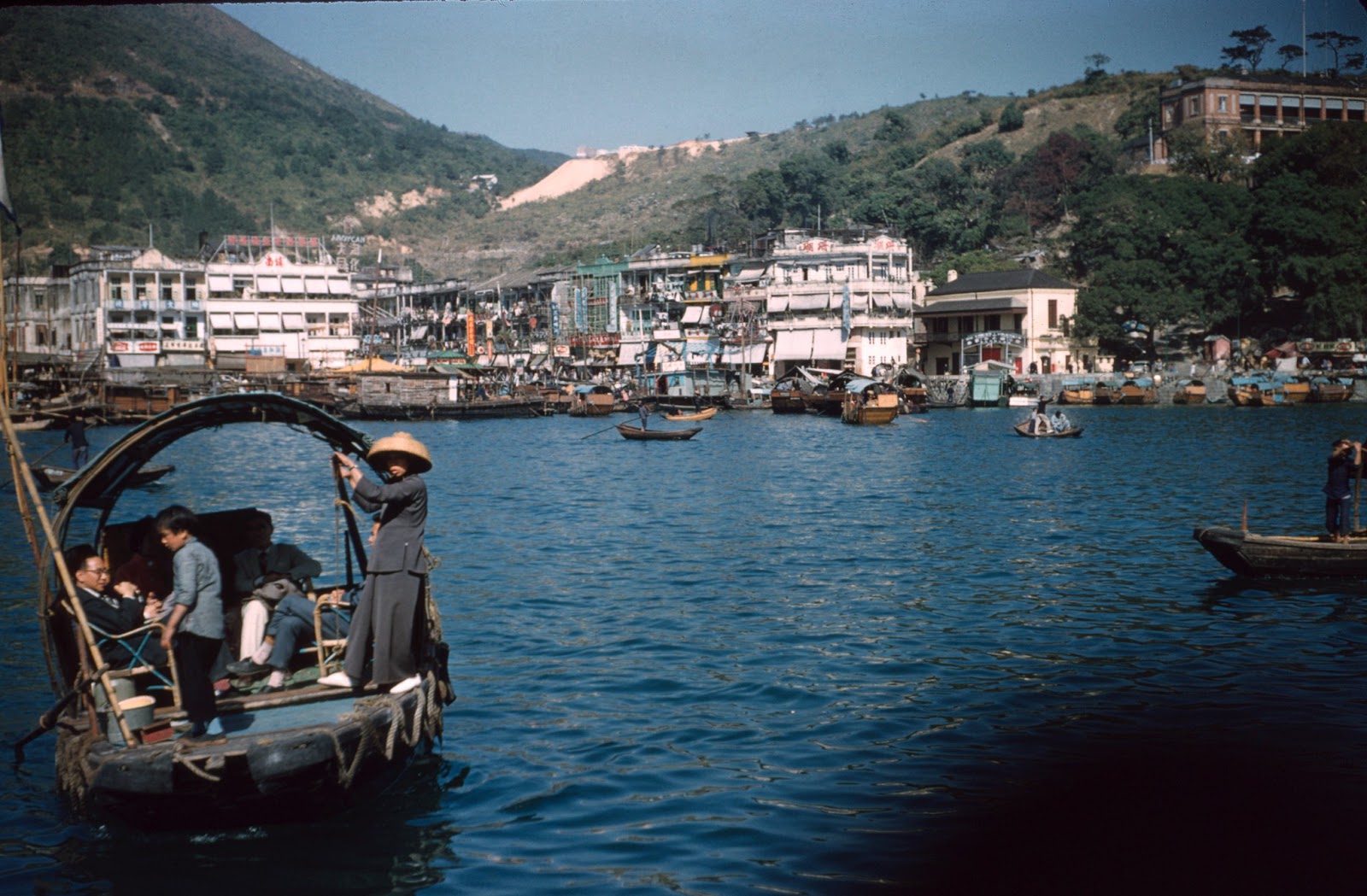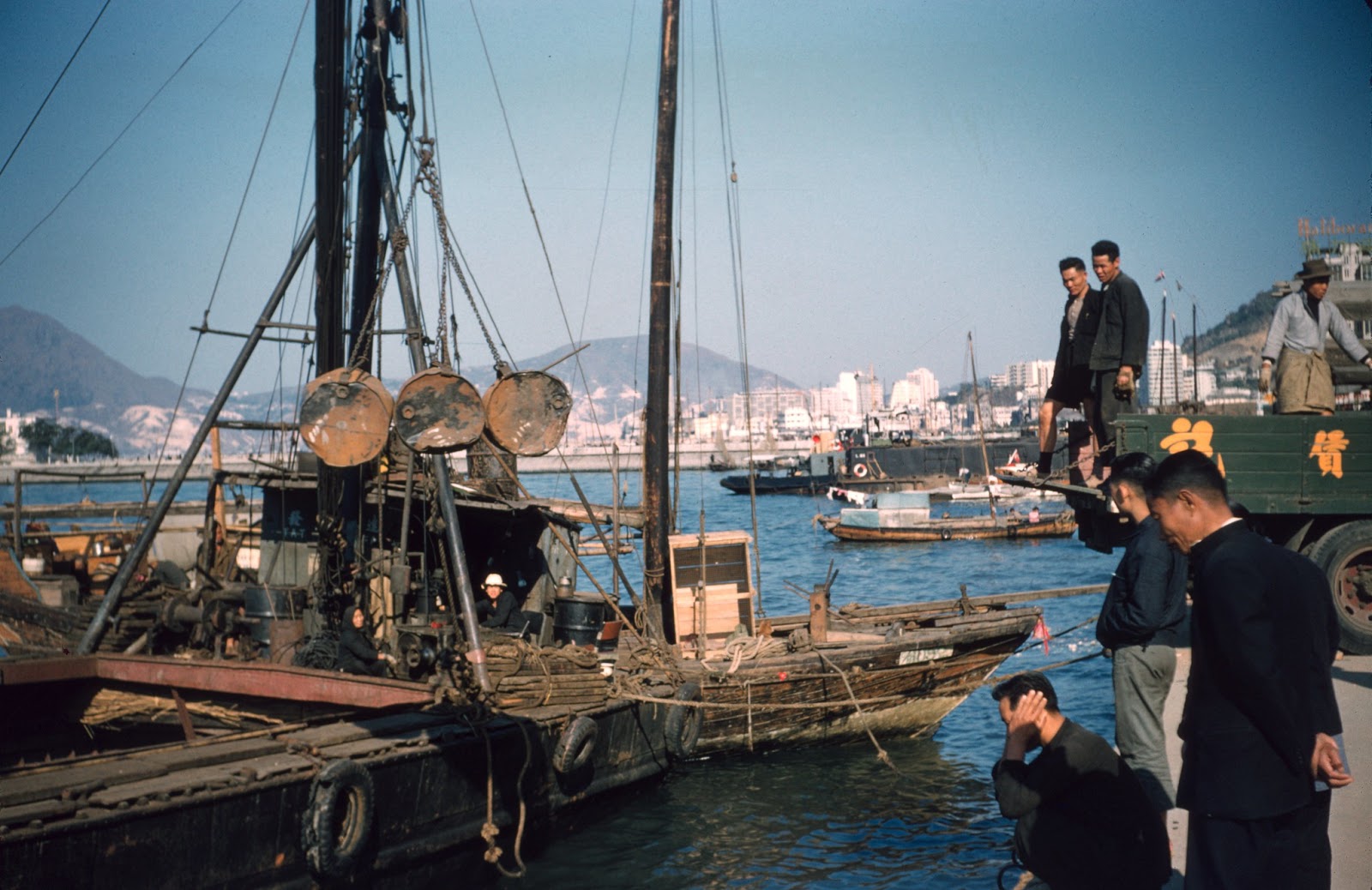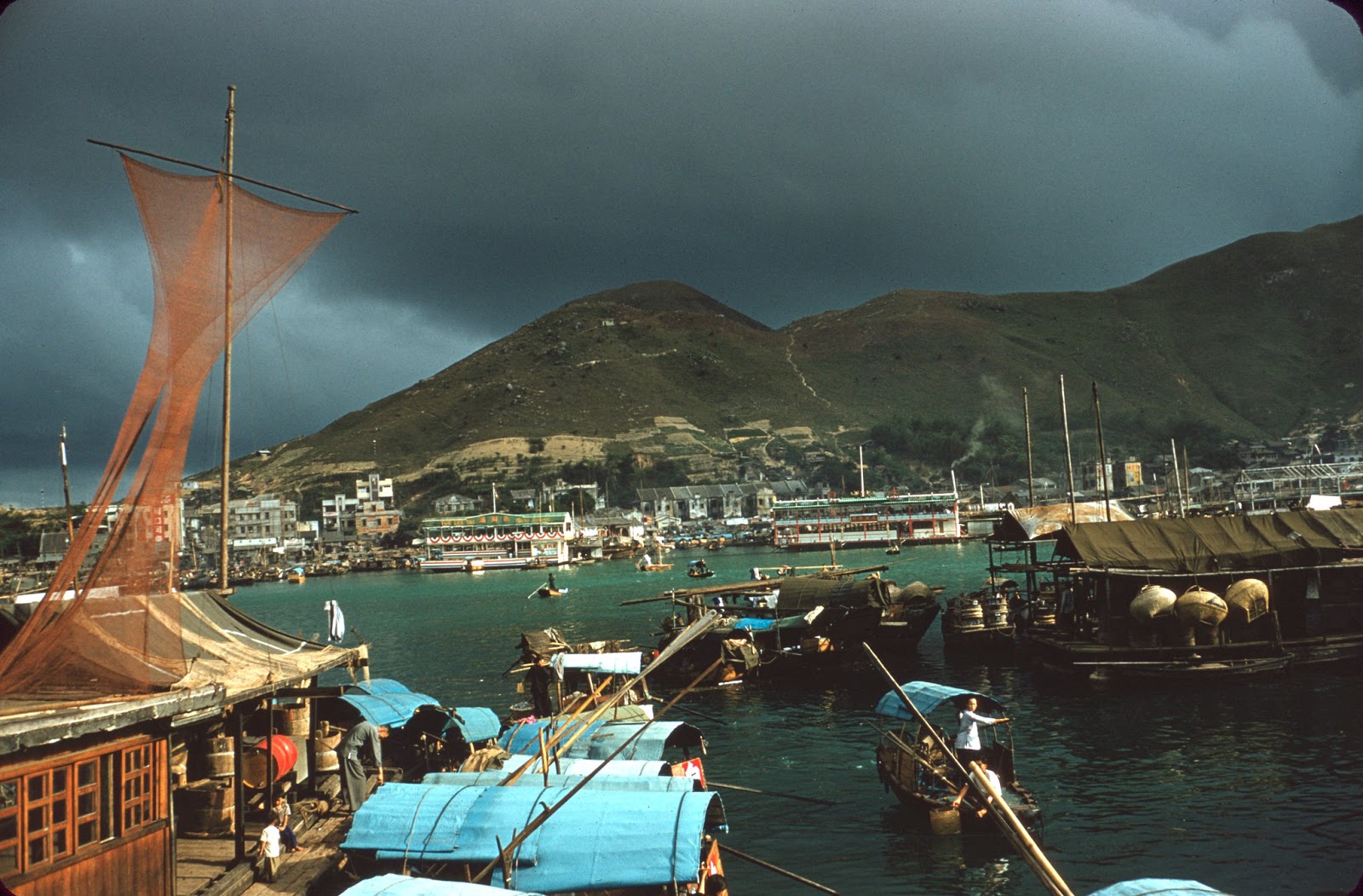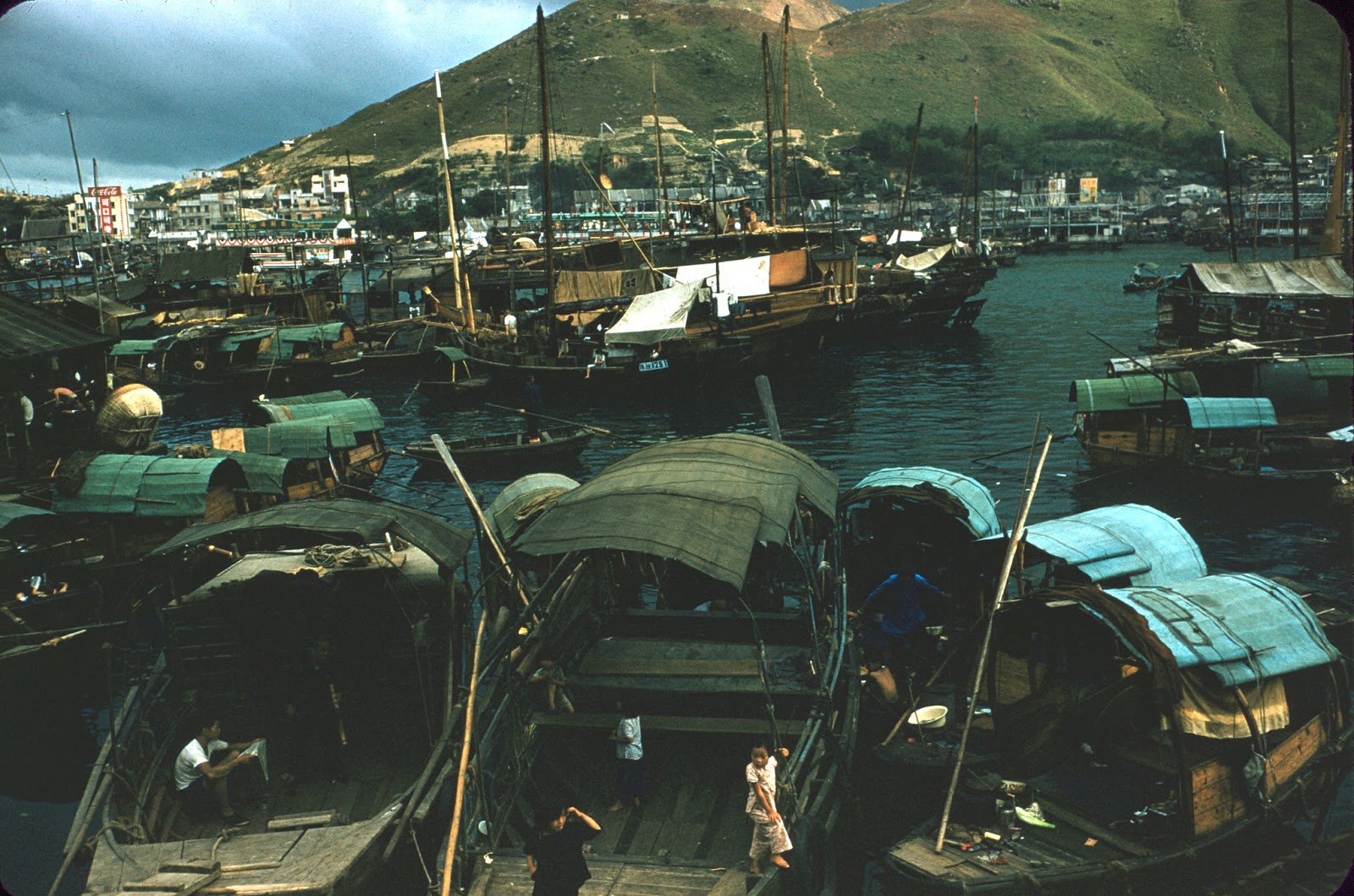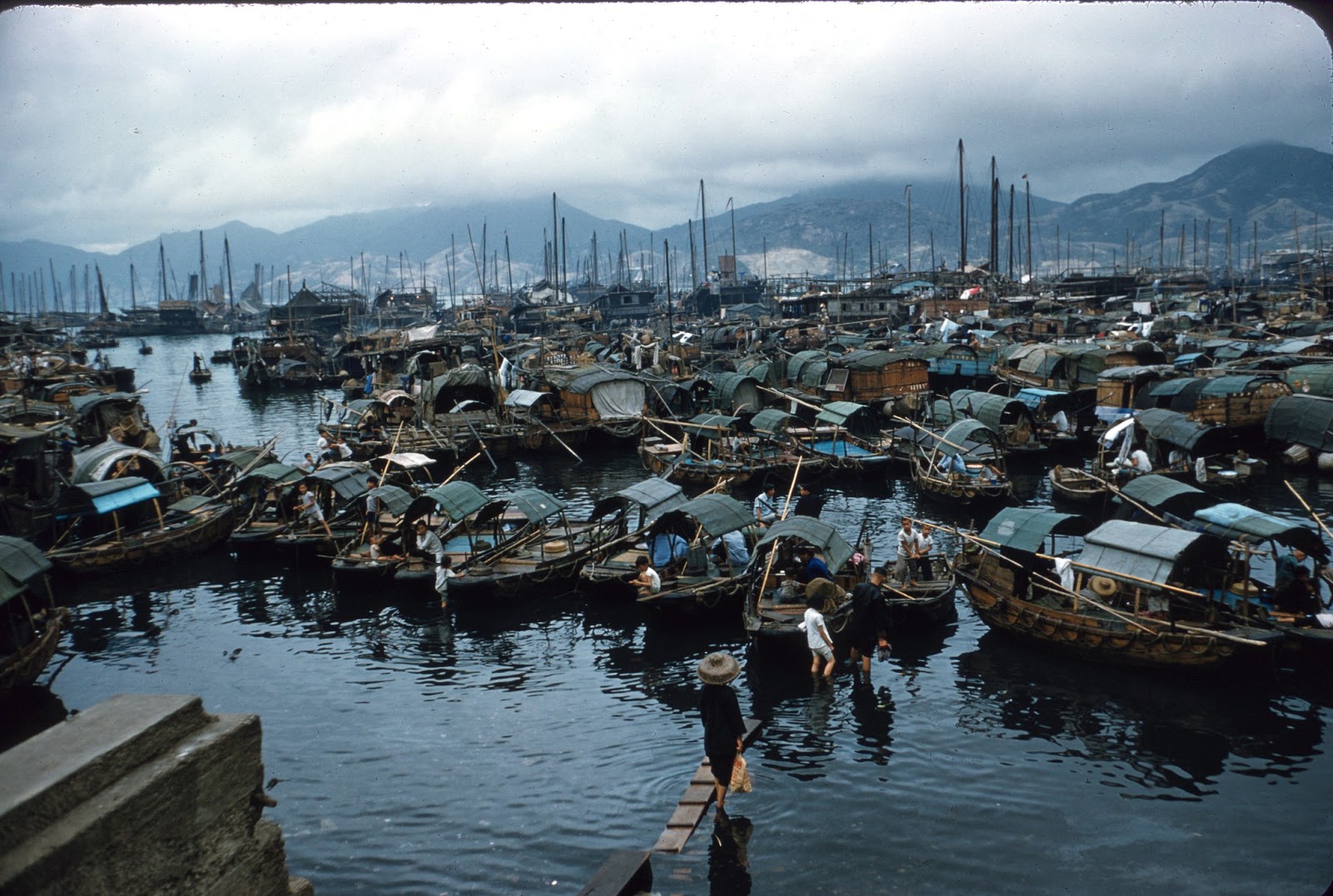Coupled with ambitious infrastructure plans and investment-friendly policies, Hong Kong laid the foundations that, over the coming decades, were to create one of the world’s greatest trading hubs. The 1950s began with a large number of impoverished people without jobs and natural resources. The problem was further compounded with a flood of refugees from mainland China who were able to cross due to the lack of border controls until June 1951. The People’s Republic of China was established in 1949 under a reorganized Communist Party. As many as 100,000 people fled to Hong Kong each month under the new regime, many of whom were rich farmers and capitalists who brought with them management experience, though even more were criminals who established the influential triad society in Hong Kong. By the mid-1950s, Hong Kong had increased its population to a staggering 2.2 million. By 1956, Hong Kong’s population density became one of the highest in the world. In 1953, the Shek Kip Mei Fire left 53,000 homeless. This prompted major change: Sir Alexander Grantham, the 22nd Governor of Hong Kong, drew up an emergency housing programme that introduced the ‘multi-storey building’ as a common building form. The idea was to house as many and as fast as possible to deal with the homeless shelter crisis. Every floor in the building had a communal room, washroom, and toilet facility. Each person was granted 24 square feet (2.2 m2) per adult and half that for each child under 12. High-rise buildings would become the norm, as skyscrapers have a small footprint compared to their overall volume.
(Photo credit: Flickr/m20wc51 / Wikimedia Commons). Notify me of new posts by email.
Δ Subscribe
